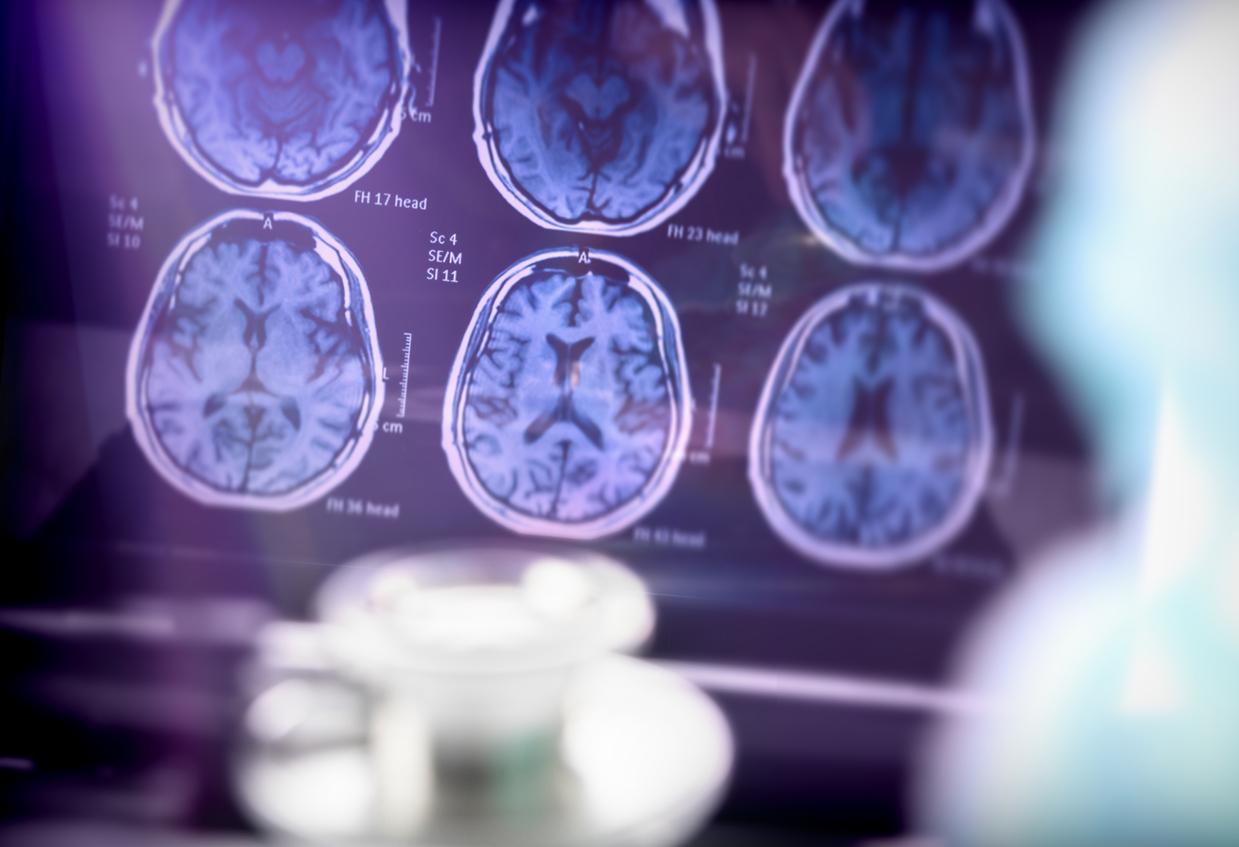Research is progressing to find treatments for Alzheimer’s disease even if for the moment this pathology remains incurable.

- Four drugs against Alzheimer’s disease have no longer been reimbursed since 2018.
- But research is progressing and treatments are obtaining encouraging results.
- The cause of the disease is still partly unknown to scientists.
“Alzheimer’s disease cannot be cured, but appropriate care can slow its progression and improve the lives of the patient and those around them.”, can we read on the website of the National Institute of Health and Medical Research (Inserm)
The origin of Alzheimer’s disease still under discussion
But why is it so difficult to find a treatment? The first reason is that researchers still have difficulty understanding the disease. They know that “the brains of patients with Alzheimer’s disease have two types of lesions: amyloid deposits and neurofibrillary tangles, indicates Inserm. Each of these lesions is associated with a protein: the amyloid beta peptide. (β-amyloid) for amyloid deposits, and phosphorylated tau protein for neurofibrillary tangles.” But they don’t know which of these two proteins causes the disease and which causes the other to appear.
“We realized that pure Alzheimer’s disease, with just amyloid and tau aggregates, is more the exception than the rule, explains Nicolas Villain, clinician at the Institute of Memory and Alzheimer’s Disease and researcher at the Brain Institute, at the microphone of France Culture. All of this ultimately means that it is a complex disease, like cancer or HIV, where targeting a molecule for a single biological target is probably not the solution.“
Research advances for new treatments
There are medications to treat the symptoms of Alzheimer’s disease. Four of them are no longer reimbursed by Social Security since 2018 because their benefit for the patient is discussed : Ebixa (Lundbeck), Aricept (Eisai), Exelon (Novartis Pharma) and Reminyl (Janssen Cilag).
“These medications are of insufficient medical benefit, that is to say, they are not a sufficiently effective means of treating Alzheimer’s disease to justify these medications continuing to be reimbursed by the community, according to Ministry of Health which reports the comments of the High Authority of Health (HAS). These medications aim to reduce the symptoms of Alzheimer’s disease but neither prevent nor delay its progression.”
Research is trying to develop new treatments. Antibody injection has been tested to remove the peptide β‑amyloid. According to Inserm, “the results of the first clinical trials proved disappointing: the amyloid plaque is certainly regressing, but sometimes at the cost of significant side effects”.
More recently, other laboratories have developed treatments, such as donanemab from the Lilly laboratory which aims to slow cognitive decline in patients with Alzheimer’s disease. The results are interesting: the participants treated with donanemab showed a slowing of decline by 36% over 18 months.
Finally, lecanemab from two laboratories (Biogen and Eisai) is a drug capable of slowing the progression of Alzheimer’s disease. THE first results were encouraging : 27% reduction in cognitive decline over a period of 18 months.
Even if these treatments are still far from being able to be commercialized, these results are major advances which, little by little, will perhaps make it possible to get closer to a curative solution.


















